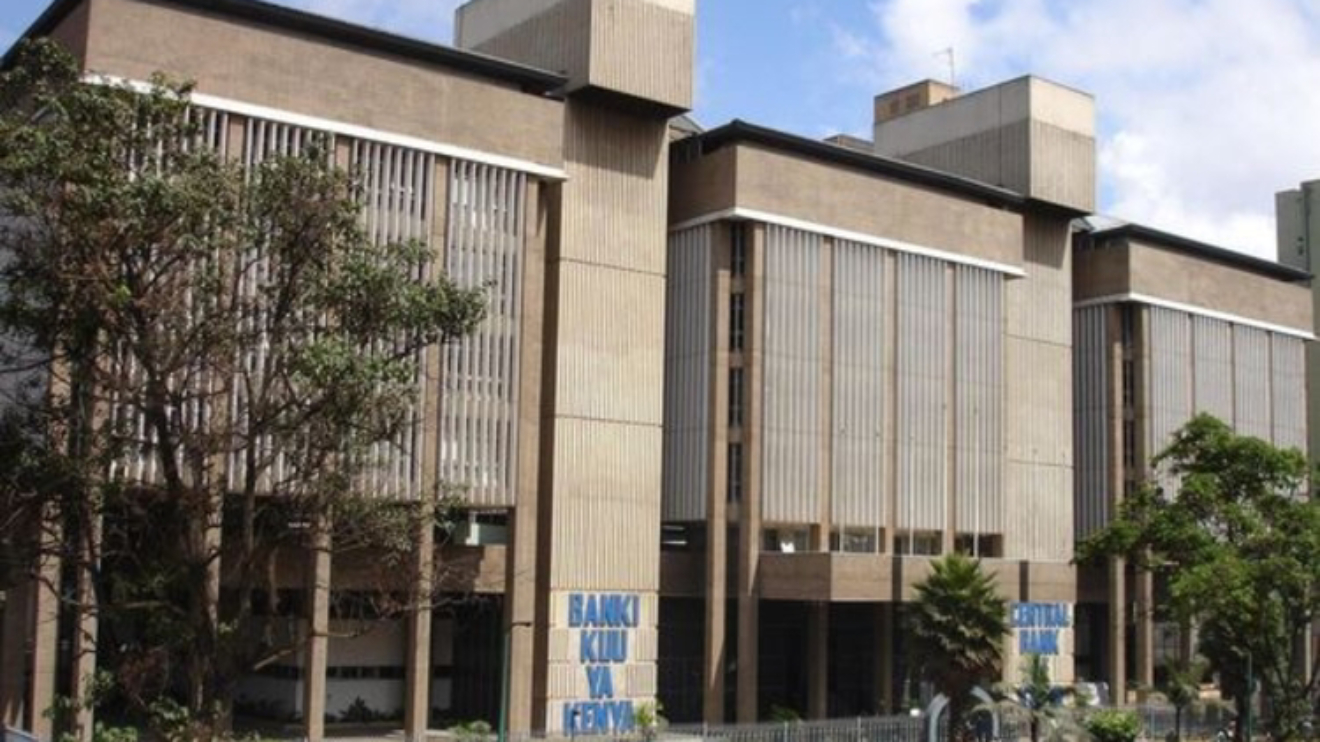The Central Bank of Kenya (CBK) is digging in its heels on Treasury bill (T-bill) interest rates, resisting pressure from investors who are demanding a rate of 17 per cent on the one-year instrument.
This stance comes despite continued concerns about the government's fiscal health.
Reduced Borrowing Needs and Cautious Approach
The CBK's resolve appears bolstered by the government's recent success in raising Sh275 billion through bond sales since February.
This reduced need for aggressive borrowing allows the bank to take a more cautious approach with T-bill rates.
Read More
While investors have consistently sought an average rate of 17.01 per cent on the 364-day T-bill in the last two auctions, the CBK has kept the average for accepted bids at 16.98 per cent.
This suggests the bank is aiming to manage inflation expectations and potentially prepare for a future decline in government borrowing needs.
Analysts Predict Shift in Yield Curve
Analysts at NCBA Investment Bank believe the current situation is temporary.
"Sooner rather than later, the curve may begin to reflect lower inflation," they said, "resulting in a significant correction in the yield curve."
This implies that T-bill rates might decrease in the coming months, aligning with a potential drop in inflation.
Concerns Linger Despite Bond Sales
The continued push for higher rates by investors reflects lingering anxieties about the government's fiscal health.
Despite recent bond sales and a successful Eurobond refinancing, below-par tax collections continue to cast a shadow.
CBK Manages Rates Through Selective Acceptance
To maintain control over T-bill rates, the CBK has strategically limited its debt acquisition through T-bills.
The bank has essentially been accepting bids only to cover maturing short-term debt.
This approach allows them to control the overall amount of money in circulation and indirectly influence interest rates.
Matching Bids with Maturities Dampens T-bill Demand
The strategy of matching accepted bids with maturing debt has been effective in reducing the public's appetite for T-bills.
The share of public debt held in T-bills has shrunk to a record low of 10.5 per cent, down from a high of 34 per cent in mid-2019.
This translates to a decrease in the volume of T-bill holdings from Sh954.3 billion in June 2019 to Sh548 billion today, even though the total domestic debt has nearly doubled during the same period.
The CBK's firm stance on T-bill rates suggests a calculated approach aimed at balancing investor demands with inflation control and long-term fiscal stability.
While the near future might see continued pressure for higher rates, analysts anticipate a potential shift towards lower rates as the government's financial picture and inflation outlook improve.








